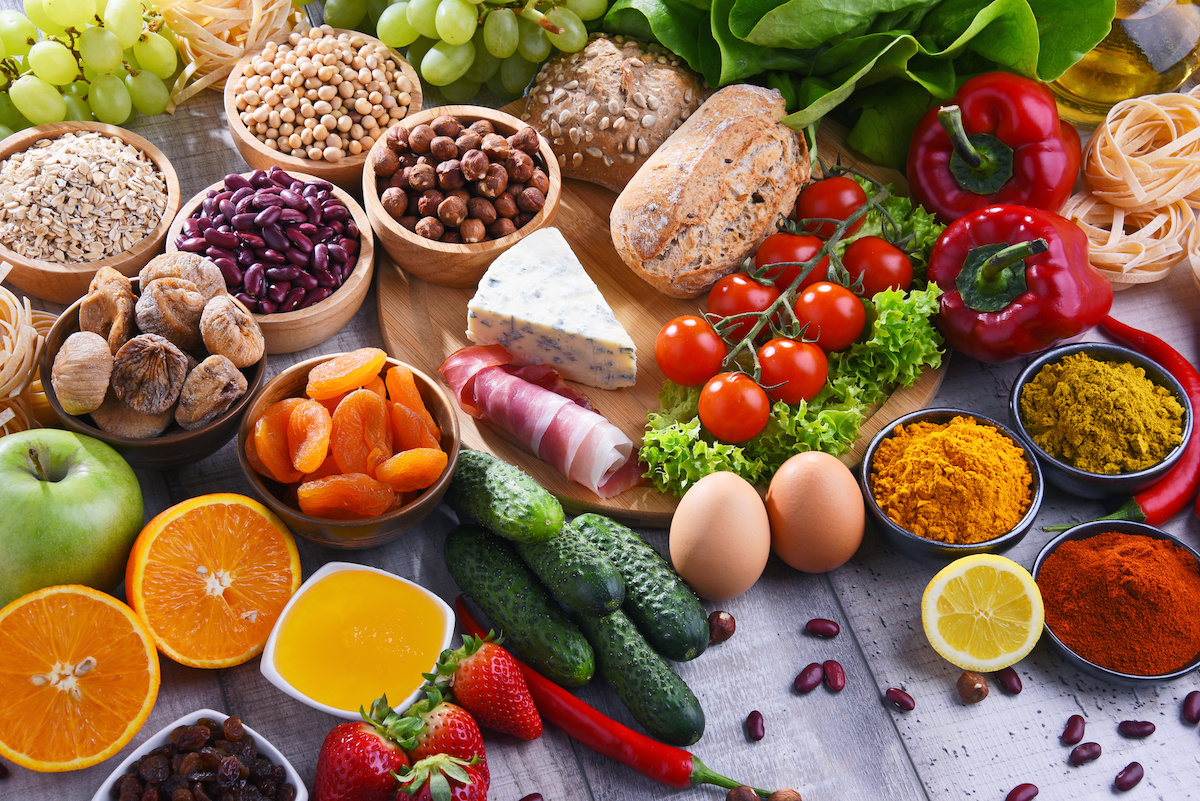In the realm of economics and business, the term 'non-durable' is a common phrase that is often thrown around. But what does non-durable mean? This article aims to delve into the intricacies of non-durable goods, their impact on the economy, and their role in consumer behavior.
Non-durable goods, also known as consumables or soft goods, are products that are immediately consumed in one use or have a lifespan of less than three years. These goods are designed for short-term use and are typically less expensive than their durable counterparts. Examples of non-durable goods include food, beverages, cosmetics, cleaning products, fuel, and many other items that consumers purchase regularly.
Non-durable goods play a significant role in the economy. They are a key indicator of economic health and consumer confidence. When the economy is strong, consumers tend to spend more on non-durable goods, reflecting confidence in their financial stability. Conversely, during economic downturns, spending on non-durable goods often decreases as consumers tighten their belts.
The production and consumption of non-durable goods also have a direct impact on employment rates. Industries that produce non-durable goods, such as the food and beverage industry or the cosmetics industry, provide employment opportunities for millions of people worldwide.
Non-durable goods also play a crucial role in shaping consumer behavior. The short lifespan of these goods necessitates frequent repurchasing, which can influence consumers' shopping habits and preferences. For instance, the quality, price, and brand reputation of non-durable goods can significantly affect a consumer's decision to repurchase.
However, the transient nature of non-durable goods also presents challenges, particularly in terms of sustainability. The production of non-durable goods often involves the use of non-renewable resources and contributes to environmental pollution. Therefore, businesses and policymakers are increasingly focusing on promoting the production and consumption of sustainable non-durable goods.
In conclusion, non-durable goods are an integral part of our daily lives and the global economy. Understanding what non-durable means is not just about knowing the definition of the term, but also about appreciating its economic implications, its influence on consumer behavior, and its environmental impact. As consumers, producers, and global citizens, it is crucial for us to make informed decisions about the non-durable goods we consume and produce.


